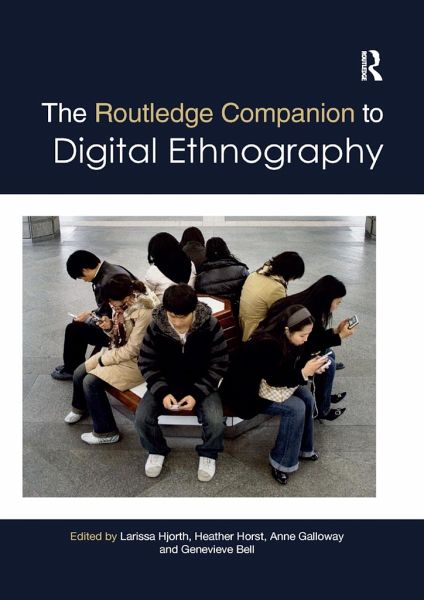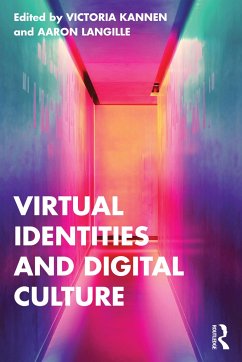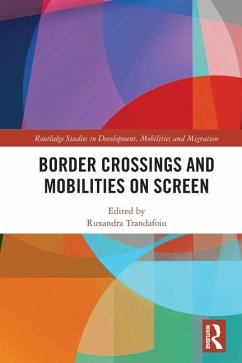
The Routledge Companion to Digital Ethnography
Versandkostenfrei!
Versandfertig in 6-10 Tagen
51,99 €
inkl. MwSt.

PAYBACK Punkte
26 °P sammeln!
With the increase of digital and networked media in everyday life, researchers have increasingly turned their gaze to the symbolic and cultural elements of technologies. From studying online game communities, locative and social media to YouTube and mobile media, ethnographic approaches to digital and networked media have helped to elucidate the dynamic cultural and social dimensions of media practice. The Routledge Companion to Digital Ethnography provides an authoritative, up-to-date, intellectually broad, and conceptually cutting-edge guide to this emergent and diverse area.Features include...
With the increase of digital and networked media in everyday life, researchers have increasingly turned their gaze to the symbolic and cultural elements of technologies. From studying online game communities, locative and social media to YouTube and mobile media, ethnographic approaches to digital and networked media have helped to elucidate the dynamic cultural and social dimensions of media practice. The Routledge Companion to Digital Ethnography provides an authoritative, up-to-date, intellectually broad, and conceptually cutting-edge guide to this emergent and diverse area.
Features include:
a comprehensive history of computers and digitization in anthropology;
exploration of various ethnographic methods in the context of digital tools and network relations;
consideration of social networking and communication technologies on a local and global scale;
in-depth analyses of different interfaces in ethnography, from mobile technologies to digital archives.
Features include:
a comprehensive history of computers and digitization in anthropology;
exploration of various ethnographic methods in the context of digital tools and network relations;
consideration of social networking and communication technologies on a local and global scale;
in-depth analyses of different interfaces in ethnography, from mobile technologies to digital archives.














